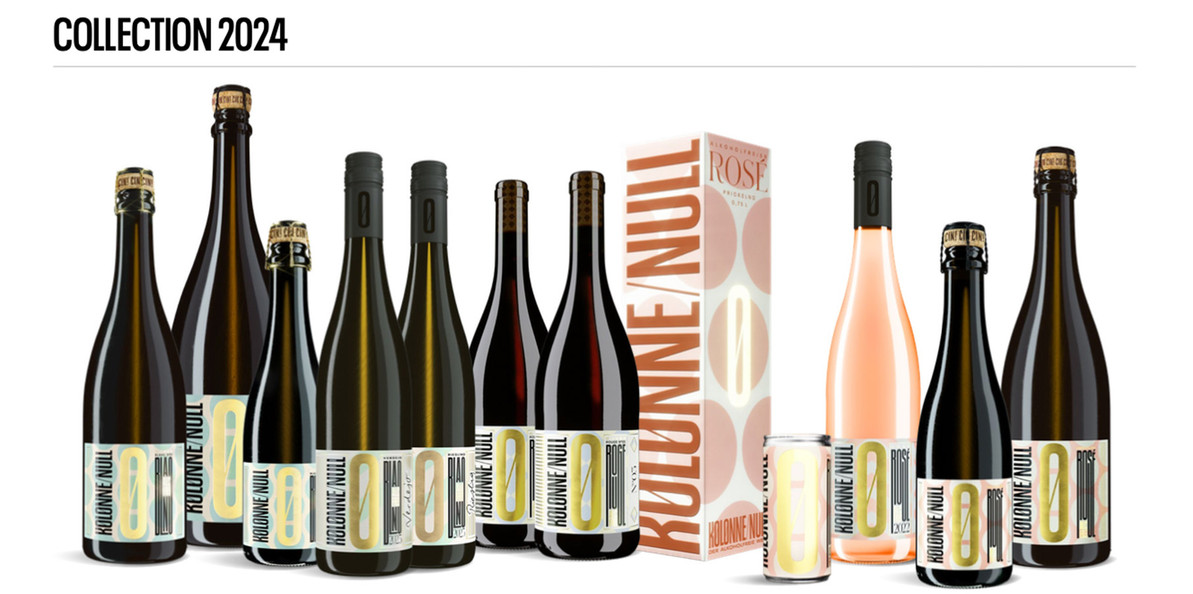The Growing Trend of Non-Alcoholic Beverages: Why Businesses Should Care
Introduction
In recent years, the beverage industry has witnessed a significant shift in consumer preferences towards non-alcoholic beverages. This trend is gaining momentum globally, driven by various factors including health consciousness, changing social norms, and the desire for sophisticated, alcohol-free options. For businesses in the hospitality and retail sectors, understanding and capitalizing on this trend can be a lucrative opportunity. This article explores the reasons behind the rising popularity of non-alcoholic beverages and why businesses should pay attention.
Health and Wellness Movement
One of the primary drivers of the non-alcoholic beverage trend is the increasing focus on health and wellness. According to a survey conducted by Nielsen, 66% of global consumers are trying to reduce their alcohol consumption for health reasons. Furthermore, a study by the International Food Information Council found that 39% of adults in the U.S. are actively trying to incorporate more non-alcoholic options into their diets. These statistics reflect a growing demand for healthier alternatives that do not compromise on taste or experience. Non-alcoholic beverages, such as alcohol-free wines, beers, and spirits, offer a perfect solution for those looking to enjoy the social aspects of drinking without the negative health impacts.
Changing Social Norms
Social attitudes towards drinking are also evolving. There is a noticeable shift towards inclusivity and acceptance of diverse lifestyles. This includes a growing number of people who choose not to drink alcohol for personal, religious, or health reasons. A report by the World Health Organization states that nearly 45% of the global adult population abstains from alcohol. In response, businesses are expanding their beverage offerings to cater to this demographic. By providing high-quality non-alcoholic options, establishments can create a more inclusive environment and attract a broader customer base.
Rise of Mindful Drinking
The concept of mindful drinking is gaining traction, particularly among younger generations. Millennials and Gen Z are leading the charge in seeking balance and moderation in their lives, including their drinking habits. A survey by the Beverage Marketing Corporation revealed that 52% of Millennials and 49% of Gen Z consumers are interested in reducing their alcohol intake. They are more likely to choose beverages that align with their values of sustainability, health, and authenticity. Non-alcoholic beverages fit seamlessly into this lifestyle, offering a sophisticated and enjoyable experience without the need for alcohol. Businesses that recognize and embrace this trend can tap into a growing market of mindful drinkers.
Innovation and Variety
The non-alcoholic beverage market has seen a surge in innovation, resulting in a diverse range of high-quality products. According to Grand View Research, the global non-alcoholic beverage market size was valued at USD 923.3 billion in 2020 and is expected to expand at a compound annual growth rate (CAGR) of 8.1% from 2021 to 2028. This includes a wide array of products from alcohol-free wines and beers to craft mocktails and sparkling teas, providing something to suit every palate. This variety allows businesses to enhance their beverage menus and provide unique experiences for their customers. By partnering with reputable non-alcoholic beverage brands, businesses can stay ahead of the curve and offer cutting-edge products that cater to modern tastes.
Economic and Social Benefits
Embracing the non-alcoholic beverage trend can also yield economic and social benefits for businesses. Non-alcoholic options can be marketed at premium prices, appealing to consumers who are willing to pay for quality and exclusivity. According to a report by IWSR, the non-alcoholic spirits category alone is expected to grow by 30.6% by 2024. Additionally, offering a range of non-alcoholic beverages can increase foot traffic and customer retention, as patrons appreciate the inclusive and health-conscious approach. On a broader scale, supporting the non-alcoholic trend aligns with corporate social responsibility goals by promoting healthier lifestyles and reducing the negative social impacts of alcohol consumption.
Case Studies: Success Stories
Several businesses have already reaped the rewards of embracing the non-alcoholic trend. For instance, luxury hotels and Michelin-starred restaurants have incorporated non-alcoholic wines and spirits into their offerings, enhancing their appeal to a wider audience. Retailers and distributors have also seen increased demand for non-alcoholic products, reflecting the changing consumer preferences. These success stories highlight the potential for growth and profitability in the non-alcoholic beverage market.
Conclusion
The non-alcoholic beverage trend is more than a passing fad; it represents a fundamental shift in consumer preferences and societal attitudes towards drinking. Businesses that recognize and adapt to this trend can benefit from increased customer satisfaction, enhanced brand image, and new revenue streams. By offering high-quality, diverse non-alcoholic options, businesses can meet the needs of today's health-conscious and mindful consumers, ensuring long-term success in a rapidly evolving market.
Incorporating non-alcoholic beverages into your business strategy is not just a trend but a forward-thinking approach that caters to the future of the beverage industry. Now is the time for businesses to innovate, diversify, and embrace the growing demand for sophisticated, alcohol-free options.
Interested in exploring the benefits of non-alcoholic beverages for your business today? Email us to schedule a free consultation.
Recent Posts
-
The 2026 Luxury Non-Alcoholic Beverage Report: How Premium Zero-Proof Sparkling Is Transforming Fine Dining, Guest Experience & Hospitality Revenue
The luxury beverage world is undergoing its most significant shift in decades. Guests at three-Mich …Nov 12th 2025 -
Planning for Q4: Get Ahead on Your Holiday Beverage Strategy
Holiday success is planned—not improvised. With lead times tightening and demand peaking from Thank …Oct 8th 2025 -
Non-Alcoholic Apéritifs Are Driving Cocktail Innovation
From spritz programs to low-ABV style service without alcohol, non-alcoholic apéritifs are where th …Sep 1st 2025




